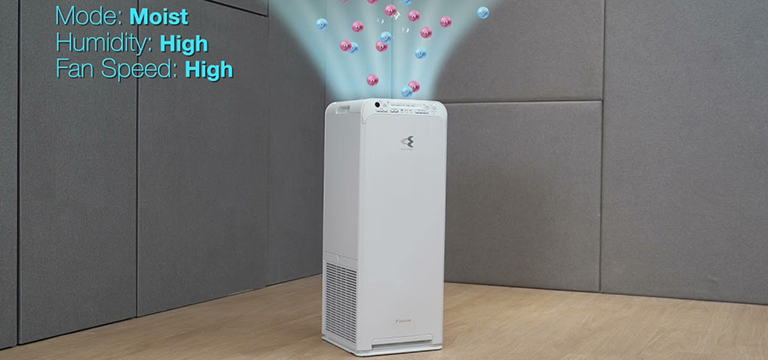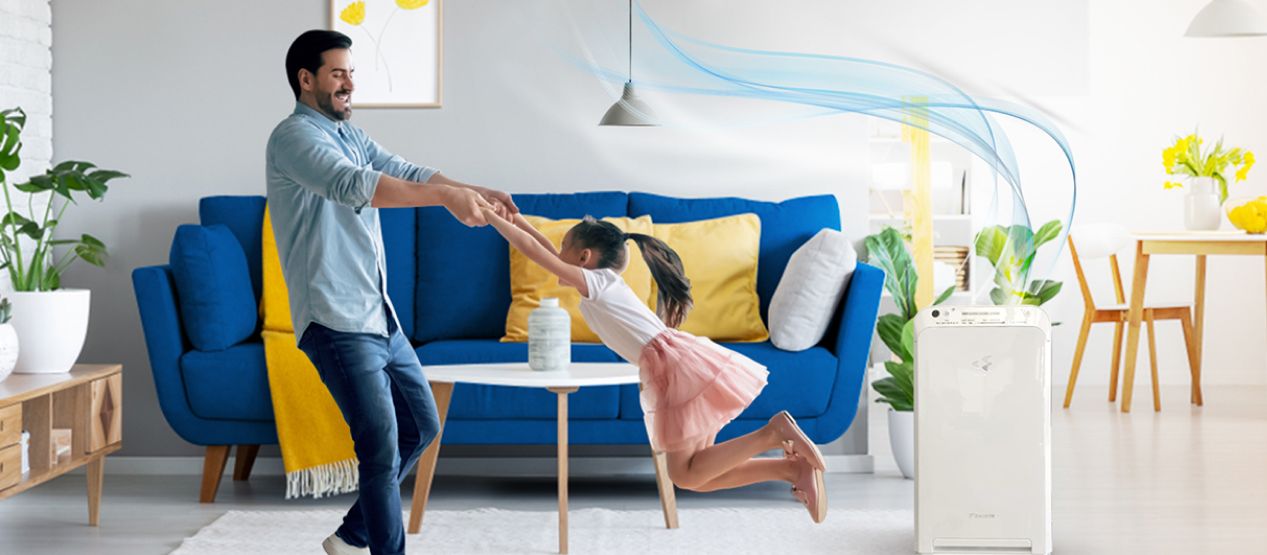Rising air pollution: What to keep in mind when choosing a home air purifier for your home
January 22, 2026 | 06:18 AM

Did you know that the house you’re living in is 10x more polluted than the outside air? It seems buying an air purifier is now a necessity, and soon every household will probably need to have to get at least one, just like most of us have water purifiers in our kitchens. There are a lot of different factors to consider when buying an air purifier, from the cost, to the design, but the most important is how effective the purifier will be for you. To be a better judge of that, here are a few things that you must take note of before buying the best small air purifier for home
Can portable air cleaners help with allergy symptoms?
Home air purifiers are generally good at trapping coarse particles including dust, pollen, animal dander and other allergens, Some allergens from cats, dogs and dust mites that are carried on small particles are more likely to be removed by air filters; thus, a portable air purifier may reduce allergy and asthma symptoms.
What are HEPA filters made from and how do they work?
Most modern HEPA filters consist of interlaced glass fibres that are twisted and turned in myriad directions to create a fibrous maze. As particles traverse this web, they’re taken out of circulation in the following ways:
- Direct Impaction: Large particles, such as certain types of dust, mould, and pollen, travel in a straight path, collide with fibre, and stick to it.
- Sieving: The air stream carries a particle between two fibres.
- Interception: Due to inertia, particles continue on their path and stick to the sides of fibres.
- Diffusion: Small, ultrafine particles move more erratically than larger ones, so they’re more likely to hit and stick to fibres.
Comparison between True Electrostatic HEPA Filter & Non-electrostatic Filter
True Electrostatic HEPA Filter
In this filter, the filter fibre itself is charged with static electricity, and collects particles efficiently. It doesn’t clog because of low pressure.
Non-electrostatic Filter
Because it catches particles relying only on mesh size, it is necessary to make the mesh finer, making it easy to be clogged.
In addition to this and to support the functioning of a True HEPA Electrostatic Filter, modern air purifiers also feature a Dust Sensor Lamp, an Electrostatic HEPA Filter, a Deodorizing Filter, and an ECO mode among others. Many of these come equipped with a washable pre-filter that captures large particles like hair, fur, and dust by micro mesh; an Odour Filter, that eliminates smaller particles, bad odours, and harmful gases by advanced activated carbon; and a Vital Ionizer, that boosts cleaning power and freshens the air by negative ions.









